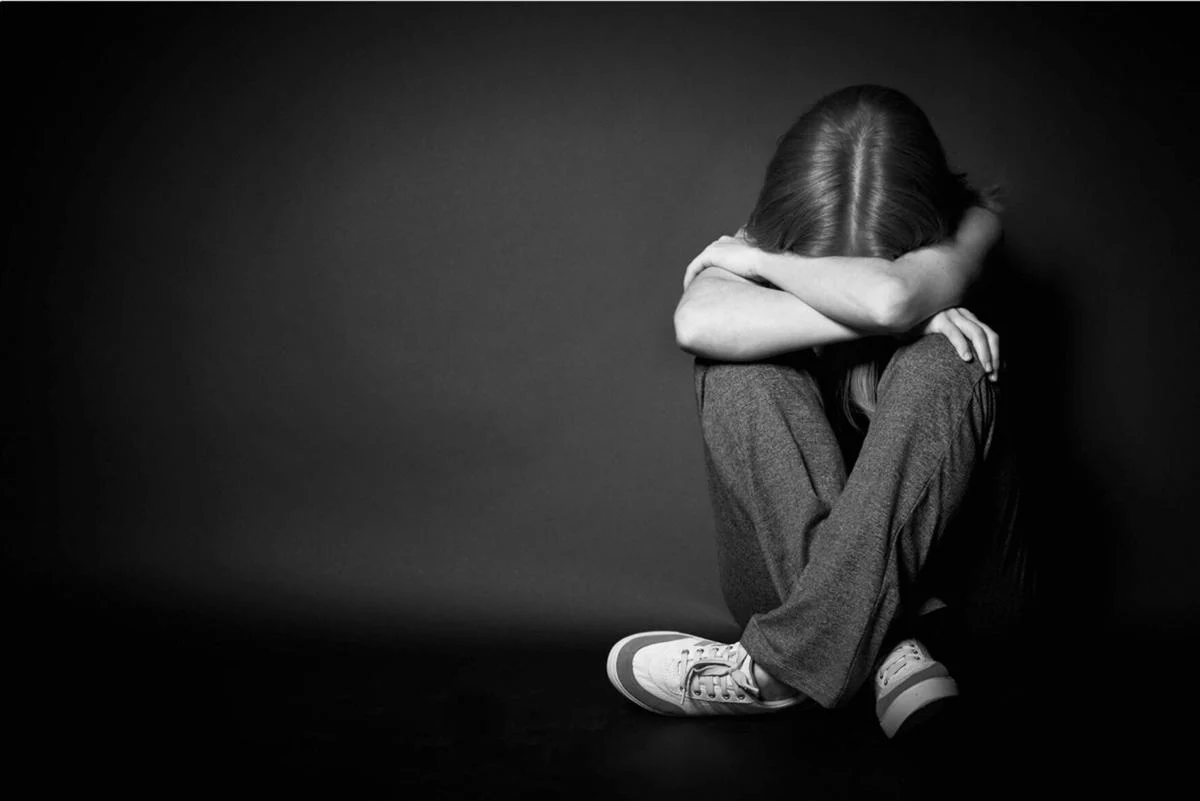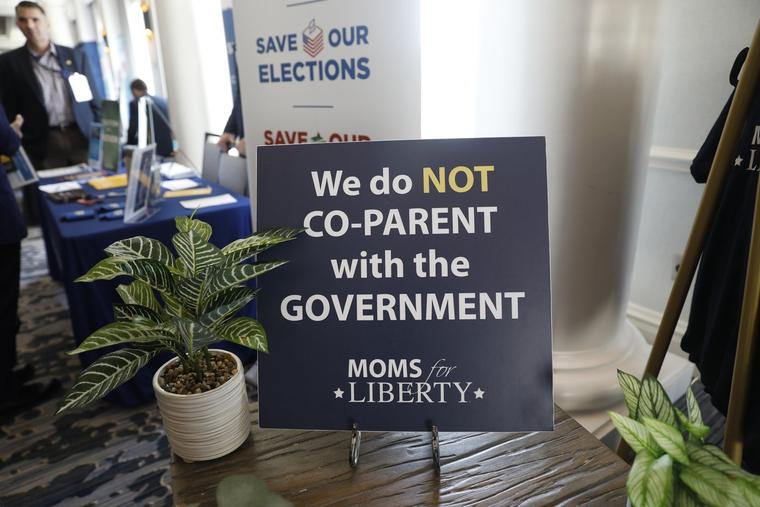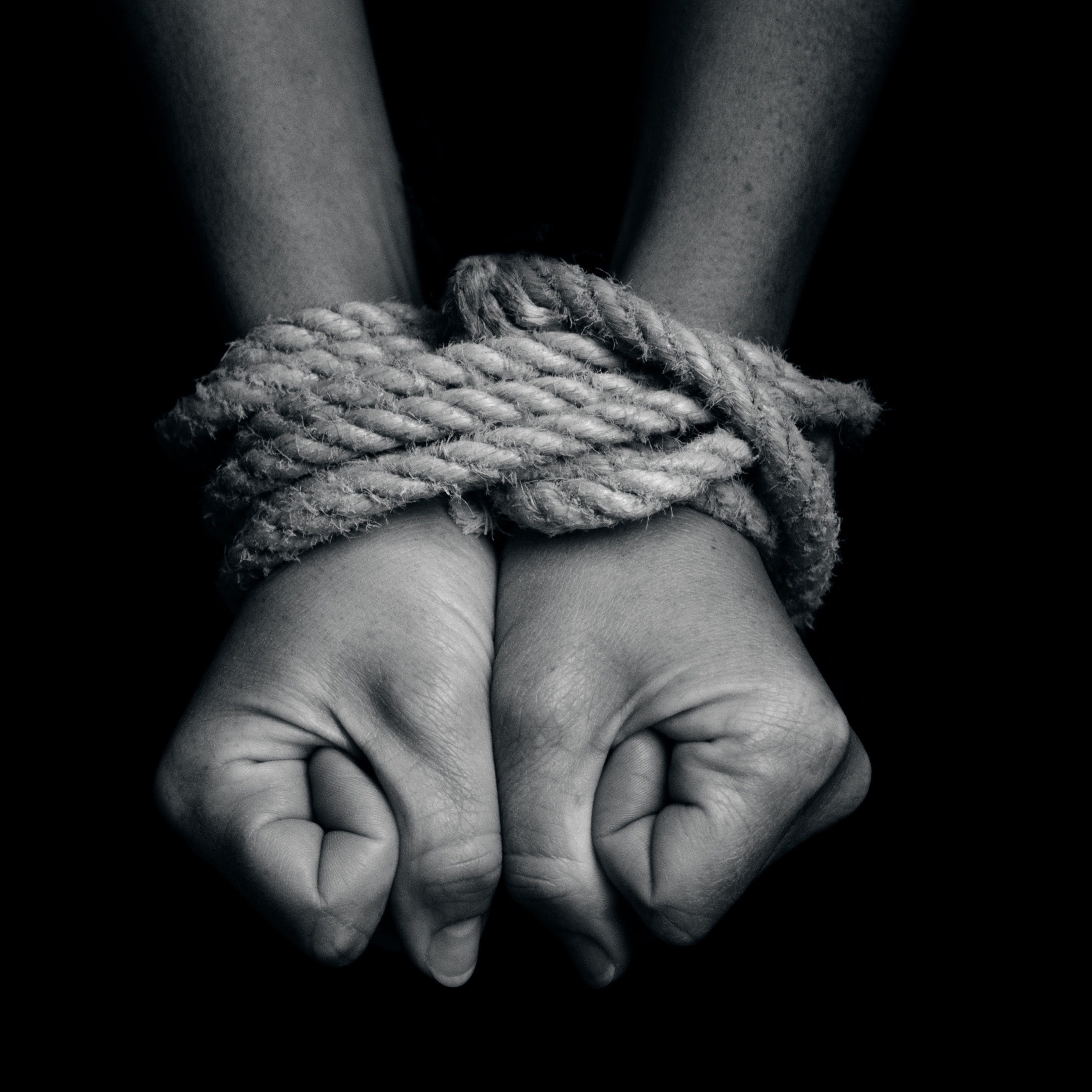Our nation has been abuzz with human trafficking since The Sound of Freedom’s release. While there is not much new information in the movie, it has brought the scourge of human trafficking to the forefront of our minds.
I’ve been involved in anti-trafficking for over a decade—before it was vogue to care about the issue. The depravity of sex slavery and pedophilia was happening before I was born. It’s not new. I have supported and volunteered at international, national, and local organizations. For a year, I served as a director of an anti-trafficking organization. I’ve raised money for anti-trafficking efforts and worked hard in public relations. I’ve been on the streets. I worked with survivors of human trafficking and satanic ritual abuse. I’ve sat with victims and heard stories of little children being tortured in states in our nation.
But it wasn’t until I saw the social response to The Sound Freedom that it clicked with me —our only chance of winning this battle is through local action.
Novel, right? Definitely not. General Flynn has been saying it for a while, and it’s finally catching on. I just hadn’t seen the specifics regarding human trafficking until now.
Human trafficking rarely looks like what you see in the movies—at least not at the level where you can have an impact. It looks like your child’s friend with hollow eyes, the poor single mom on the bad side of town, the wife with an abusive husband, the foster kids being moved from home to home, and the teens called runaways.
It was on a random community Facebook page when I first saw it—teens going missing in a small mid-west community. I immediately had questions, and when I asked them, the response was, “Well, they were runaways.”
I was shocked.
“Children, just don’t run away without a reason!” I kept telling anyone that would listen.
This was a comfortable community. In most cases, both parents worked. The children attended moderately good schools and hung out with their friends afterward. Life, on the surface, was good and comfortable.
But comfort is often a cover for the ugly. Not every family was making ends meet. Not every child had two parents to go home to—some didn’t even have one. Many were being lost between the cracks of parents too busy to notice, a school system with other priorities, and no adult with which to connect on a regular basis.
These children are in your schools. These women shop at your local grocery stores. The predators are men and women in your communities—doctors, teachers, pastors, drug dealers, and government officials.
Human Trafficking in the United States
Foster children are often targeted for trafficking. In 2021, NMEC estimated that one out of every six children reported missing were trafficked. A bulletin posted by Children’s Bureau/ACYF/ACF/HHS last April says,
One study found that running from foster care was the most common pathway to experiencing sex trafficking (Reid, 2015), while another found that, of youth who were confirmed or strongly likely to have experienced sex trafficking, 83 percent had at least one runaway episode (Pullmann et al., 2020).
But foster care isn’t the only place trafficking happens around us. The boyfriend-turned-trafficker is a common scenario. Familial trafficking is far more frequent than people expect. Human trafficking happens in homes and between partners. In 2018, the US State Department named the United States, Mexico, and the Philippines the top three nations of origin for human trafficking victims. Some of the trafficking in the US is hidden by being classed as domestic violence.

In the same community mentioned above, a woman had been trafficked by her husband. Their home was in a nice area where well-off people lived.
Fifteen miles away, there was a house we believed to be a trafficking house. A woman had run away and was found in a barn on a freezing December day. We received reports that they would lock the women in rooms, and at least one woman was badly bruised.
I reached out to the County Sherriff’s office, hoping they would intervene. After going back and forth with them without results, I finally called the Human Trafficking hotline. Eventually, one of the women escaped to a safe house. They finally evicted the residents from the house—but as far as we know, no one was arrested.
How You Can Fight the Human Trafficking Happening Around You
The most powerful thing you can do to combat human trafficking is to get involved locally. What exactly does that look like?
Stop the trauma cycles that make children vulnerable. Pay attention to the children around you. Unresolved trauma can make children vulnerable to predators. Many youths that are trafficked were previously abused. Learn to be tuned to your children so you notice any sudden personality shift. Don’t just know their friends—connect with them too. They may not have an adult who cares about them, and you could be the adult that prevents something from happening.
Keep your eye open for the signs of trafficking. As noted above, it doesn’t look like the visuals the media feeds us. Be alert to personality shifts or behavior out of character for a child of that age. Human trafficking/ abuse victims can look like troubled kids—or adults. A victim may appear withdrawn, depressed, angry, reactive, scared, or have unusual mood shifts. They may be uncomfortable with healthy touch or be sexually inappropriate. Sometimes they may seem like a “bad kid,” the Department of Justice explains.
Child sex trafficking victims are often not recognized as victims and may be arrested and jailed. The dangers faced by these children—from the traffickers, their associates, and from customers are severe. These children become hardened by the treacherous environment they must learn to survive. As such, they do not always outwardly present as sympathetic victims. They also frequently suffer from short–and long–term psychological effects such as depression, self-hatred, and feelings of hopelessness.
A word of caution, if you do encounter a trafficked or abused victim, understand that the trauma may be extensive. Be sure to protect other children close to the victim so the trauma isn’t perpetuated.

Help single parents if they need it. Children with only one parent in the home are already experiencing a lack of connection. A lack of connection can create pain in a child and make them more vulnerable. Intentional contact with safe adults can create that positive connection, making the child less vulnerable. The power of a secure and positive relationship with children cannot be overstated.
Vulnerable parents may need help protecting their children. Instead of judging, reach out. While there are some limits on what one can do, we as a society can do much more to close these connection gaps. Be there so Child Protective Services don’t have to get involved. If they do get involved, be there with the family during that process (only if the family is comfortable with your presence).
Get involved with good organizations. My Village Ministries and Safe Families. Both seek to help struggling families by providing a safe place for children while their parent(s) gets the help they need. They also work toward restoring the children to their parents, if possible, thus reducing the disruption to the child’s life.
Get active in your community. Serve on the school board. The culture of a school can be either an attraction or a deterrent to traffickers. Predators target areas where they have access to their prey. Keep careful protocols in place for everyone with access to children. Be proactive so you don’t have to react when it is too late. Be mindful that trafficking can take place through other children. Run for State Board of Education. Like School Board, the State Board of Education plays an extremely important role, especially now. The sexual indoctrination of children makes them vulnerable to human traffickers.

Courage is a Habit, and Jennifer McWilliams has some great resources for anyone who has children in school or has a role influencing what happens in schools.
Run for your party committee. I serve on my county Central Committee. Our committee vets and endorses candidates and, in some cases, appoints them. The committee can greatly influence offices like Sherriff, Prosecutor, and Judges. All these candidates come to our meetings, and I talk to them about human trafficking. These offices play very important roles in the war on human trafficking in your community.
As you interact with people on your committee, you will learn much about what is happening. This information will also help you know where changes need to be made. If you have a good Committee person representing your precinct, work with them. If not, run yourself.
Fix your elections. This starts with working the polls, poll watching, and learning from your election officials. Meanwhile, be researching and educating yourself. You will unlikely be successful in any election reform within your community until you have invested time and learned from them. Yes, it’s a lot of work. It’s much harder than writing a fat check to an organization with good advertising.
Get to know your local law enforcement. It’s surprising how lethargic law enforcement can be regarding sexual abuse and trafficking. The earlier story is a great example. If possible, develop relationships before you need to report something.
Watch and engage in legislation. Legislation can significantly affect human trafficking. For example, if the funding flows towards “domestic violence,” your local law enforcement may classify human trafficking as domestic violence to receive the funding. This covers up the true nature of the crimes, may prevent trafficking from being addressed, and victims could be kept from receiving helpful resources.
Here in Ohio, we have an anti-parent amendment on our ballot this November. This law would jeopardize every child in multiple ways, and it is also a trafficker’s dream. Since they can’t get our legislature to pass to legalize the thing they want to do to our children, they are attempting to do it through our ballot. Stay alert. Get educated.
The wording in legislation can be very important. Support knowledgeable people’s work with legislatures to create good laws.
Avoid using mainstream services & supporting NGOs. Avoid supporting or using national or mainstream organizations. If you don’t personally know what is happening at that organization, it may be best to avoid it. Obviously, what you do with your money is a personal decision. Remember, though, the higher the stakes, the more corruption. There have been so many organizations that I thought looked good —and personally supported—until inconsistencies, research, and personal experience broke through my illusion of hope. The last thing I want to do is contribute to the problem. Re-exploitation happens in a variety of ways. Call local law enforcement if you suspect someone is being trafficked. Please understand that while you may want to help, you must be careful and use wisdom. The people that do this to other humans are evil, often on drugs, and unpredictable.
Many organizations recommend calling the Human Trafficking Hotline, which is operated by Polaris Project. Polaris Project is a member of the Clinton Global Initiative.
How a Father Saved His Daughter
I had just finished speaking one evening when an elderly man pulled me aside and told me about his daughter. She had been molested while in school. The appropriate authorities didn’t believe her and blew her off. But her dad was attuned to her. As time went on, he knew something wasn’t right. Personality changes. Clothing changes. This man loved his daughter so much that he dug into his retirement so they could move out of state. She grew up not without pain, but her vulnerability to predators was largely healed through the love and connection of her father. Her father is still financially impacted by these decisions today, but his child was more important.
This is the way.
Imagine A Community…

Imagine a community that is more focused on their children than shiny vehicles and big houses. Imagine a community where women lean into their maternal God-given intuition and nurture their children—and any child with whom her children play. Imagine men who take their role as providers and protectors seriously. Imagine a community where the church doesn’t just feed the poor; they talk to and visit them. They know when a mom, dad, or child needs help—and they help appropriately. Imagine a community where the people understand that while they are first responsible to God and their family, their next responsibility is to their community and the people within it.
Imagine—just for a moment—what it would be like to put down the national outrage and look around.
Please don’t just imagine—act.
God’s children are not for sale, but are we willing to cover the costs so they don’t have to?
That is the question.
_________________________
LINKS:
Prevalence of Sex Trafficking Amond Homeless Runaway Youths
US Human Trafficking in America Among Worst in World
Human Trafficking and Child Welfare: A Guide for Caseworkers
Justice.Gov Child Sex Trafficking
Understanding and Addressing Trauma and Child Trafficking
https://www.ncjfcj.org/events/the-disturbing-connection-between-foster-care-and-child-sex-trafficking/
JenniferMcWilliamsConsulting
www.jennifermcwilliamsconsulting.com


